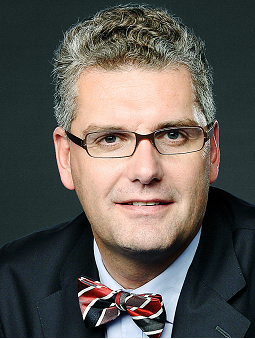The EU DSM Copyright Directive: Implementation in Germany 2021 – Part II
Part I of this post discussed the changes to copyright contract law and the new text and data mining exemption provisions that formed part of the 2021 copyright law reform. Part 2 explores further exemptions for users of works, new aspects of the right of communication to the public and the press publishers’ right. It…

